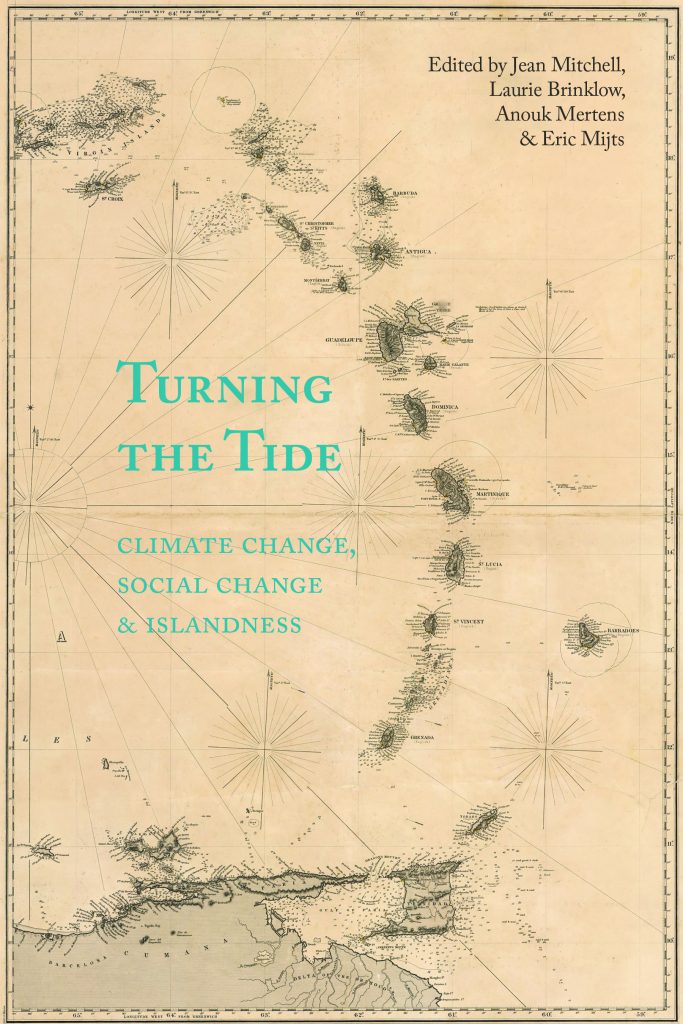
Turning the Tide: Climate Change, Social Change & Islandness
Edited by Jean Mitchell, Laurie Brinklow, Anouk Mertens & Eric Mijts
February 2026 | $34.95 | Essays
BUY THE BOOK HERE
This collection of essays from islanders around the globe offers a complex understanding of the intersections of climate change and social change on islands. How are the effects of climate change and catastrophic weather experienced and narrated by islanders? What stories need to be told? How do local, traditional, and Indigenous knowledge practices facilitate the capacity to improvise, innovate, and adapt to volatile weather events? How do social relations on climate-stressed islands continue to flourish? How do governance structures and issues of sovereignty support and/or inhibit climate and social justice? This interdisciplinary approach foregrounds island storytellers as they convey worldviews, knowledge, and cultural values, beliefs, and emotions that are often missing from climate change discourses.

The Geography of Home: Poems for a Lost Time
by Edward MacDonald
Fall 2025 | $24.95 | Island History, Island Poetry
BUY THE BOOK HERE
In The Geography of Home, MacDonald traces the rural Prince Edward Island that he grew up in from the late 1950s through the early 1970s, a landscape on the cusp of far-reaching change. The depiction of an era offered here is a mixed-media portrait, combining prose and poetry, history and memory. MacDonald writes that while history attempts to trace changes over time, “memories are the little, coloured stones that we collect to assemble a mosaic of our lived past.”

The Belfast Riot of 1847
by Callum Beck
Spring 2025 | $29.95 | Island History
BUY THE BOOK HERE
On March 1, 1847, Prince Edward Island experienced the second-worst election riot in Canadian history. About 200 Scottish Protestants and 300 Irish Catholics got into a brawl, resulting in at least three men dead and up to 100 others injured. This event set the stage for the hardening of the sectarian conflict between Protestants and Catholics on Prince Edward Island for the next 125 years. The Belfast Riot of 1847 examines the social and political conditions that led to the riot, introduces us to the major players on both sides, provides a detailed account of its unfolding, and takes a nuanced look at who was to blame.
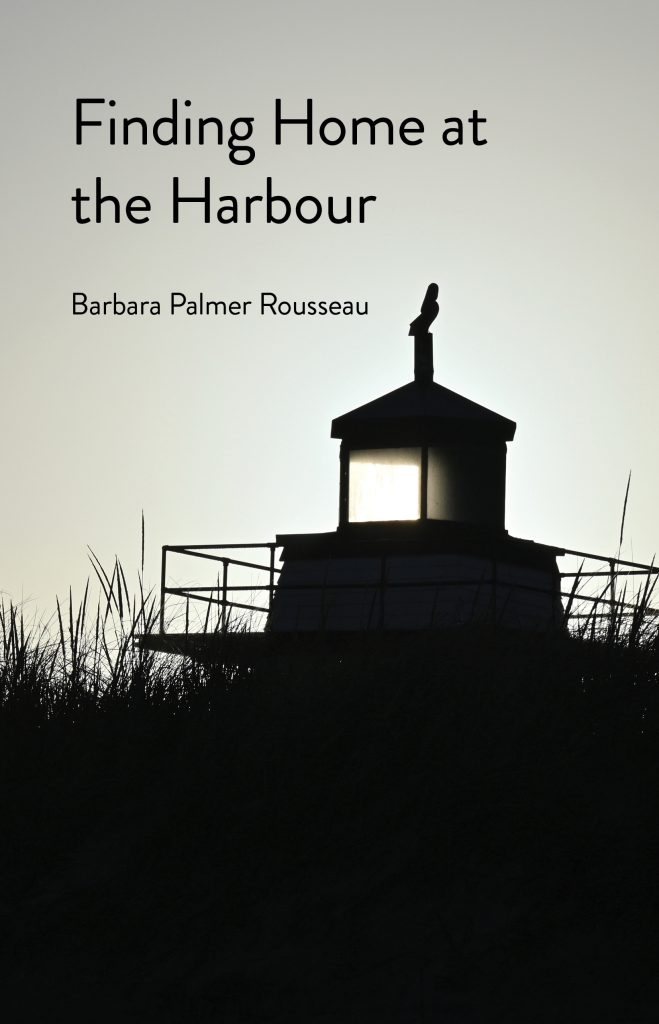
Finding Home at the Harbour
by Barbara Palmer Rousseau
Fall 2024 | $22.95 | Illustrated essays
BUY THE BOOK HERE
A frequent summer visitor to PEI, Barbara Palmer Rousseau experienced its true beauty when she moved from Ontario to the Island. At her cottage in St. Peters Harbour on the north-east shore, she learned the seasonal rhythms of spring peepers and barefoot beach walks, fall hurricanes and winter freeze-up. Her creativity returned as she began to sketch her fox family neighbours, the nearby dunes, and the sand-locked lighthouse. Weaving natural history with her own story and illustrations, Rousseau highlights the resilience of this island and its inhabitants to ongoing environmental change. Her essays reflect on the fluid nature of the shore and tell a story of adaptation and hope.
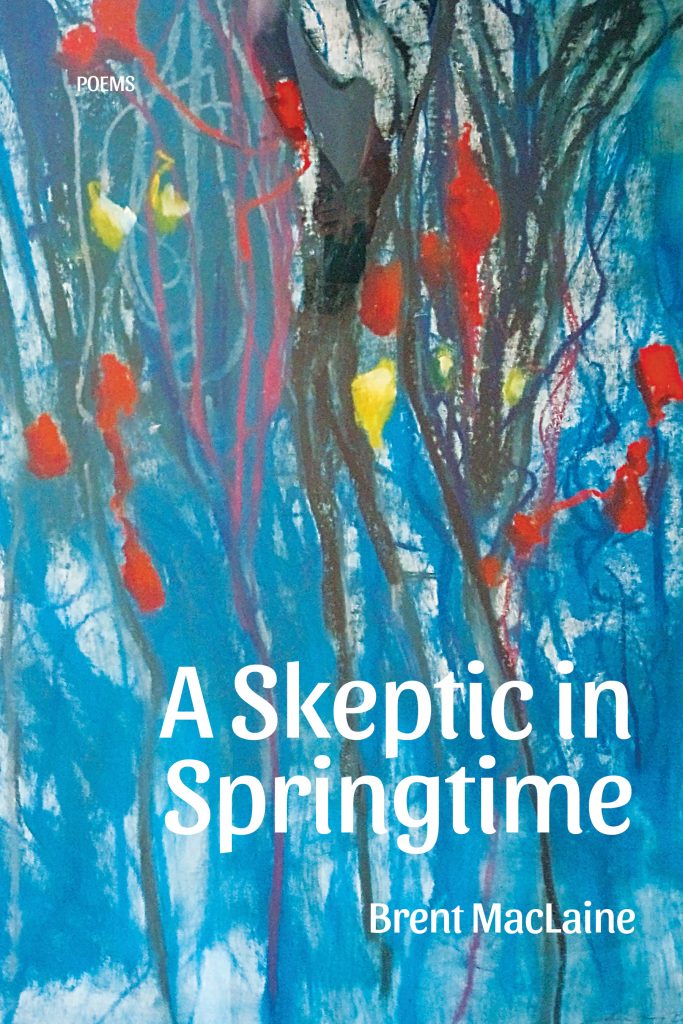
A Skeptic in Springtime
by Brent MacLaine
April 2024 | $18.95 | Poetry
BUY BOOK HERE
A Skeptic in Springtime wrestles with uncertainty and aging, hurricanes, gravity, and particle theory. Amid all the unknowns, “Still, the white-throated sparrow cries I’m here, here, here, here.” Although rooted in the PEI landscape where he grew up, MacLaine ranges farther afield to Assyrian myth in “Killing a Lassamu,” to the Song Dynasty in “Su Dongpo Makes Ink,” and to art in “Claude Monet in the Waiting Room.” The book closes with an elegy to the late John Smith, a close friend and the former poet laureate of PEI. Combining keen observation of the natural world and the human condition, the poems in this collection contain, as Smith wrote, “a universe which has leapt from nothing into something.”
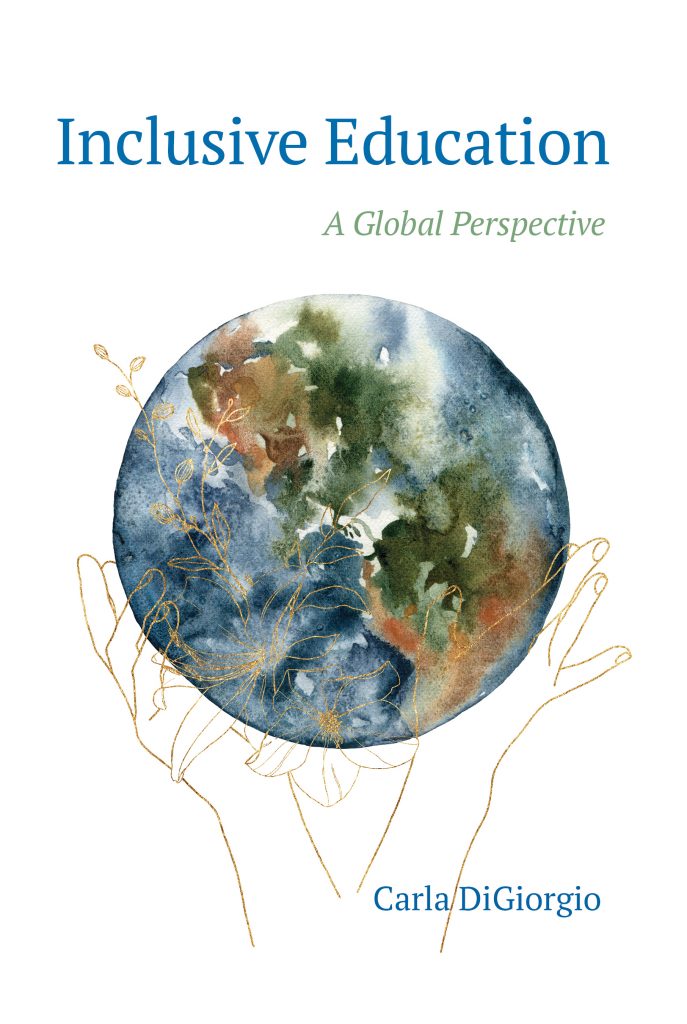
Inclusive Education: A Global Perspective
by Carla DiGiorgio
February 2024 | $29.95 | Non-fiction
BUY BOOK HERE
Inclusive Education provides an overview of the legislation, policies, and challenges to inclusive practices and offers recommendations for the improvement of inclusive education across many global jurisdictions. This scholarly survey of international approaches focuses not only on disability as a separate entity but recognizes that it is closely intertwined with cultural, sociological, and economic realities of daily human life. “Best” practices can not be transplanted but need to arise from an understanding of local contexts and resources to be successful.
The book divides itself into various chapters by continents and clusters of countries to help organize and contextualize the information and provide a snapshot of how inclusion operates in these settings. By looking at the global picture of inclusion, the reader will gain a fuller understanding of the capability of communities to improve their policies and practices in meaningful ways.
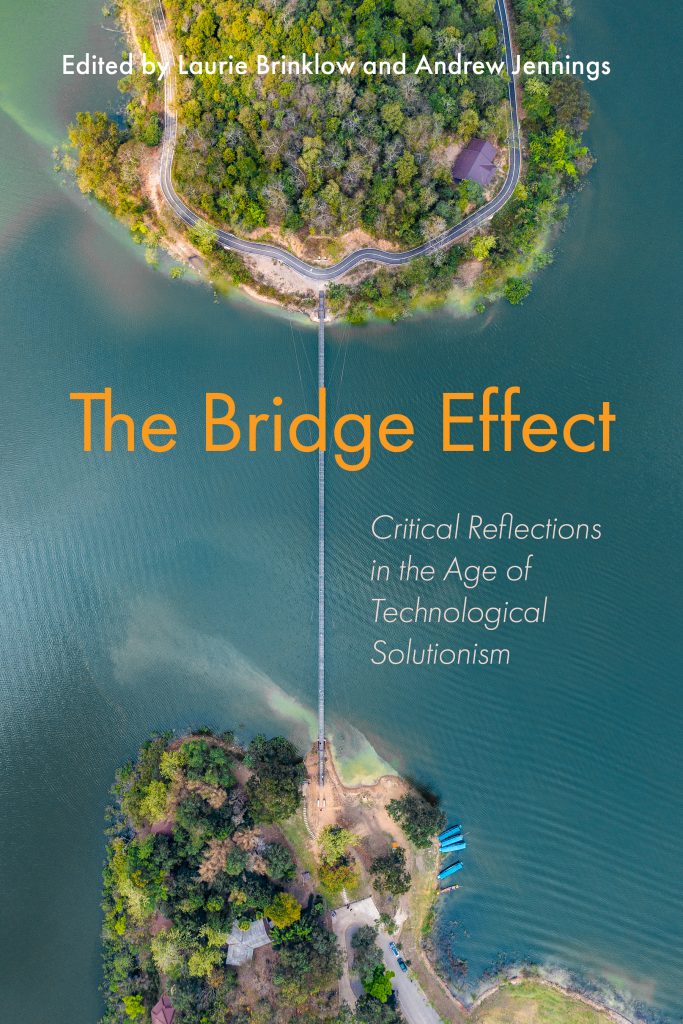
The Bridge Effect: Critical Reflections in the Age of Technological Solutionism
Eds. Laurie Brinklow and Andrew Jennings December 2023 | $39.95 | Non-fiction
BUY BOOK HERE
The Bridge Effect features bridged islands―both physical and metaphorical―from around the globe. Bridging an island is often a polarizing subject. A permanent link allows for the transport of people and goods on- and off-island and can even allow an island to remain a viable place to live. At the same time, it changes the character of an island as bounded and set apart from the mainland. Not all bridges are physical. In recent years, access to broadband is allowing islanders to be part of the global world but still make a living on their islands. From the economic effects resulting from these links to how islanders feel about themselves once they’ve been joined to a mainland or another island, the book explores if and how “islandness”―and, ultimately, island identity―has changed on these small islands.
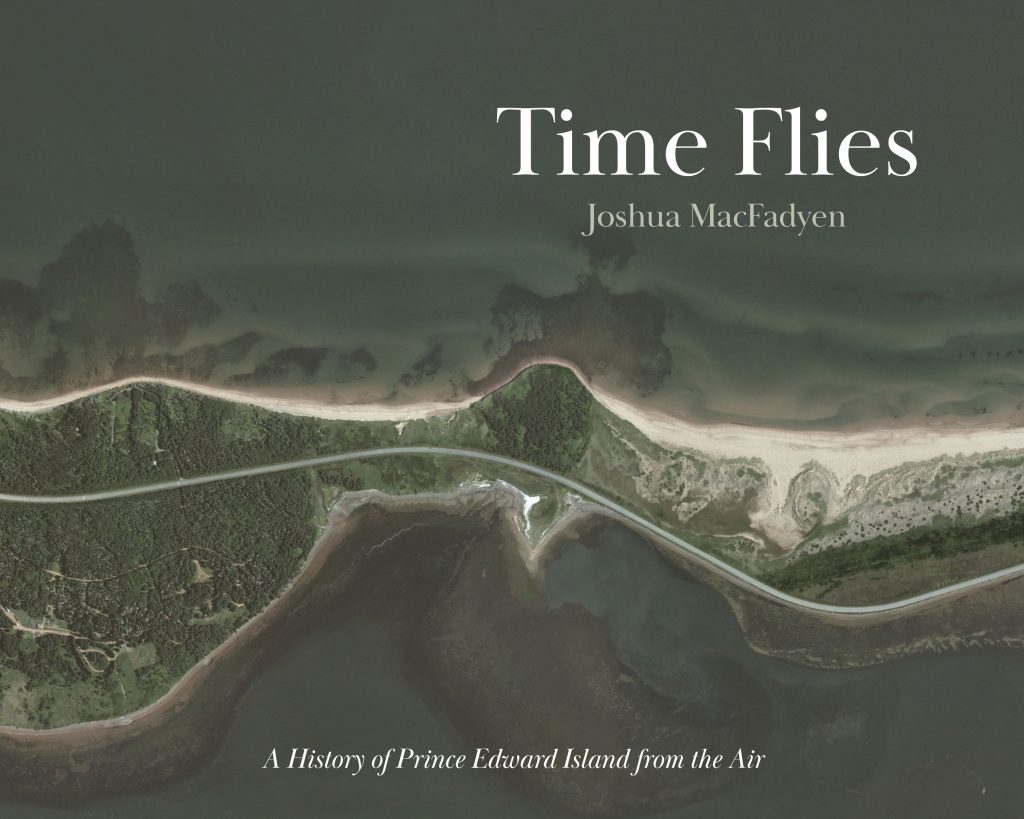
Time Flies: A History of Prince Edward Island from the Air
by Joshua MacFadyen
Fall 2023 | $49.95 | Non-fiction
BUY BOOK HERE
Time Flies offers an unprecedented view of one island province’s journey into modernity through a unique blend of aerial photography and historical synthesis. The book presents images of iconic landscapes on Prince Edward Island and traces how those communities and natural ecosystems have changed over 85 years (1935-2020). Each site history illustrates and reflects on the nature of modern land use and land cover change in one of four chapters organized around primary resource economies, rural communities, urban development, and islands and coastal change. Time Flies offers a visually rich discussion of one island as the world and offers lessons that we can learn from the social and ecological transformation of PEI.